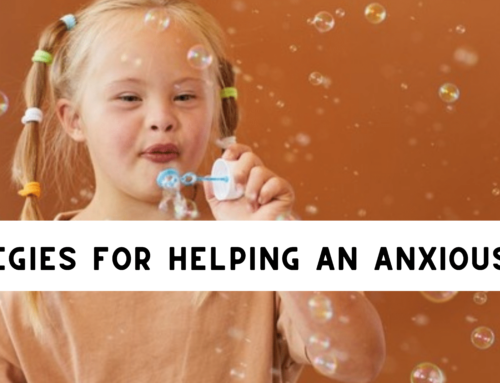Autism is a developmental disorder that affects communication and social interaction. People with autism may experience difficulty regulating their emotions, including anger. Anger outbursts can be challenging for individuals with autism and can impact their daily lives and relationships. Fortunately, there are various anger management strategies that can help individuals with autism learn to regulate their emotions and manage their anger effectively.
Strategies for Anger Management
Identify and label Emotions
One effective anger management strategy for individuals with autism is to identify and label emotions. Often, individuals with autism may struggle to understand and express their emotions, leading to frustration and anger. Encouraging individuals with autism to identify and label their emotions can help them gain a better understanding of their feelings and develop healthier coping mechanisms.
Work on a Calm Down Plan
Another effective anger management strategy for individuals with autism is to develop a “calm down” plan. This plan should include coping strategies that the individual can use when they feel angry or overwhelmed, such as taking a break, engaging in physical activity, or listening to music. Developing a “calm down” plan can help individuals with autism learn to regulate their emotions and manage their anger in a healthy and effective way.
Use Social Stories
Social stories are also an effective anger management strategy for individuals with autism. Social stories are stories that use simple language and visual aids to help individuals with autism understand social situations and appropriate responses. Using social stories to teach individuals with autism appropriate ways to manage their anger can help them develop healthier coping mechanisms and improve their social interactions.
Practice Relaxation techniques
Another effective anger management strategy for individuals with autism is to practice relaxation techniques. Techniques such as deep breathing, meditation, and progressive muscle relaxation can help individuals with autism calm their minds and bodies, reducing feelings of anger and frustration. Practicing relaxation techniques regularly can also improve overall well-being and reduce anxiety and stress.
Seeking professional help
Finally, seeking professional support can also be beneficial for individuals with autism who struggle with anger management. A therapist or counselor who specializes in working with individuals with autism can help develop personalized strategies to manage anger and improve emotional regulation. Additionally, medication may be prescribed in some cases to help manage symptoms of anxiety or depression that may be contributing to anger outbursts.
In conclusion
Individuals with autism can struggle with regulating their emotions and managing anger. However, there are various effective anger management strategies that can help individuals with autism develop healthier coping mechanisms and improve their emotional regulation. Identifying and labeling emotions, developing a “calm down” plan, using social stories, practicing relaxation techniques, and seeking professional support are all effective strategies for managing anger in individuals with autism. By implementing these strategies, individuals with autism can learn to manage their anger effectively and improve their daily lives and relationships.







